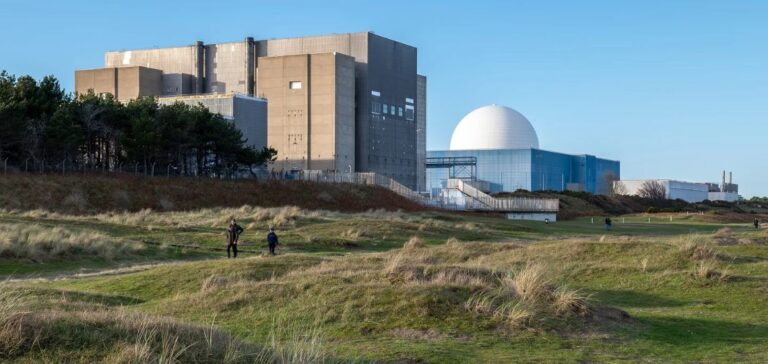The Sizewell C nuclear power plant, developed under EDF’s leadership and majority-owned by the UK government, has reached a key milestone with its first annual progress report presented to MPs. This report confirms that the project is adhering to its initial budget and timeline, a rare occurrence in the nuclear construction sector.
Progress Recognized by Independent Experts
According to an assessment commissioned by HSBC Bank and conducted by consultancy firm Enco, Sizewell C is one of the best-prepared nuclear projects in modern history. The independent study highlights rigorous project management, which minimizes the risks of cost overruns and delays, unlike other similar projects that have faced significant setbacks.
The project involves the construction of two European Pressurized Reactors (EPR) with a total capacity of 3.2 GW, sufficient to power approximately six million UK households for at least sixty years. The design is based on the Hinkley Point C plant, currently under construction in Somerset, with the goal of reducing costs and construction time by leveraging the experience gained from that project.
An Optimized Economic Model
Project leaders Julia Pyke and Nigel Cann emphasized that Sizewell C benefits from cost savings of around GBP 1 billion (USD 1.2 billion), made possible by applying innovations from Hinkley Point C. To date, contracts worth GBP 2.5 billion have been awarded to 290 UK-based companies.
The anticipated economic impact is substantial: the project is expected to create over 70,000 jobs nationwide and generate revenue for more than 2,000 UK suppliers. Estimates suggest that every GBP 1 invested during construction will yield GBP 2.92 in economic value, with a total impact exceeding GBP 100 billion over the plant’s operational lifespan.
A Growing Workforce
The construction site currently employs around 1,000 people, with a strong female representation. The executive team is composed of 60% women, and since 2021, the apprenticeship program has recruited an equal number of male and female trainees. Overall, women make up 40% of the current workforce.
Meanwhile, the project has secured additional financial support from the UK government, which allocated GBP 2.7 billion in the 2024 budget. The project is now awaiting a final investment decision, which will be determined in the upcoming national budget review.






















